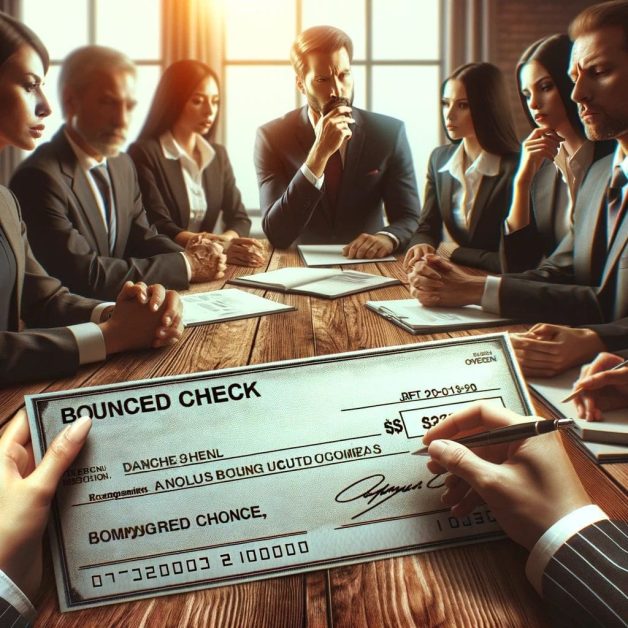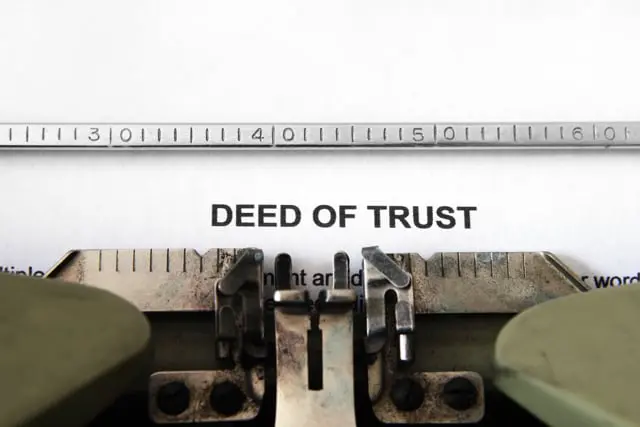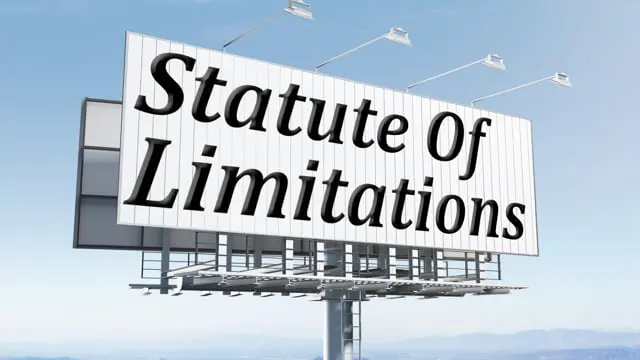The issuance of a “bad check” can spiral into a complex legal issue, intertwining both civil and criminal law aspects. Understanding these legal nuances is crucial for anyone involved in financial transactions, whether they are businesses, individuals, or financial institutions. This article delves into the intricacies of “bad checks,” exploring their legal consequences and offering guidance on navigating these murky waters.
Civil Law Implications: In the realm of civil law, a bad check can lead to a lawsuit for monetary damages. When a check is returned for insufficient funds, the recipient – be it an individual or a business – may seek compensation. This legal action often involves recovering the original amount of the check, additional bank fees, and possibly punitive damages, especially if the bounced check caused significant financial harm. The process usually begins with a formal demand for payment, followed by civil litigation if the situation is not resolved. Keywords in this section include “civil lawsuit,” “monetary damages,” and “insufficient funds.”
Criminal Law Implications: From a criminal law standpoint, writing a bad check can constitute fraud or theft, particularly when there is intent to deceive. In many jurisdictions, knowingly writing a check without sufficient funds can lead to misdemeanor or felony charges, depending on the amount involved and the circumstances. It’s important to understand that criminal charges can arise even if the issuer later makes good on the check. The critical factor is the intent at the time of writing the check. Phrases such as “check fraud,” “criminal charges,” and “felony” are relevant here.
State-Specific Laws: Laws regarding bad checks vary significantly from state to state. Some states have threshold amounts that determine whether the offense is treated as a misdemeanor or a felony. For example, in some states, a check amounting to over $500 might elevate the crime to felony status. This section should explore these variations, using keywords like “state-specific laws,” “legal thresholds,” and “jurisdictional differences.”
Prevention and Best Practices: To avoid the pitfalls associated with bad checks, both issuers and recipients can take certain measures. For issuers, maintaining accurate financial records and ensuring account balances are sufficient before writing checks is crucial. For recipients, verifying the credibility of a check issuer or using electronic payments can mitigate risks. Phrases like “financial management,” “risk mitigation,” and “electronic payments” are suitable here.
Legal Advice and Resolution: If involved in a bad check dispute, seeking legal advice is often the best course of action. Legal professionals can offer guidance on both civil and criminal aspects, helping to navigate the legal process effectively. In some cases, mediation or settlement may be a viable option to avoid prolonged litigation. Keywords such as “legal consultation,” “mediation,” and “settlement options” are pertinent.
Impact on Credit and Reputation: The issuance of a bad check can have far-reaching consequences beyond legal repercussions. It can severely impact an individual’s or a business’s credit score and reputation. A history of writing bad checks can lead to difficulties in obtaining loans, higher interest rates, and a general mistrust in financial dealings. Keywords such as “credit score,” “financial reputation,” and “loan difficulties” are relevant to this section.
Role of Banks in Bad Check Transactions: Banks play a crucial role in the bad check process. They are responsible for identifying and notifying customers of bounced checks. Additionally, banks can charge fees for processing bad checks, adding to the financial burden on the check issuer. It’s important to understand the policies of different banks regarding bad checks, as these can vary. Phrases like “bank policies,” “bounced check fees,” and “financial institutions” can be integrated here.
Legal Defenses in Bad Check Cases: In situations where an individual is accused of issuing a bad check, several defenses can be employed. These might include lack of knowledge that the check would bounce, bank errors, or even theft of the checkbook leading to unauthorized issuance. This section should discuss common legal defenses and their implications in both civil and criminal cases. Use keywords such as “legal defense,” “bank error,” and “unauthorized issuance.”
Global Perspective on Bad Checks: While this article primarily focuses on the U.S. legal system, it’s worth noting how other countries deal with bad checks. Some countries have stricter laws and penalties, while others might treat bad checks less severely. This global perspective can provide a comparative understanding and emphasize the importance of knowing the legalities in different jurisdictions. Keywords for this section include “international laws,” “global comparison,” and “jurisdictional variance.”
Conclusión: The issue of bad checks is a complex intersection of financial responsibility, legal implications, and ethical considerations. Whether you are writing a check, accepting one, or advising clients on these matters, a comprehensive understanding of the associated risks and legal frameworks is essential. Staying informed and seeking professional advice can help navigate these challenges effectively.
Divulgación: Generative AI creó el artículo








